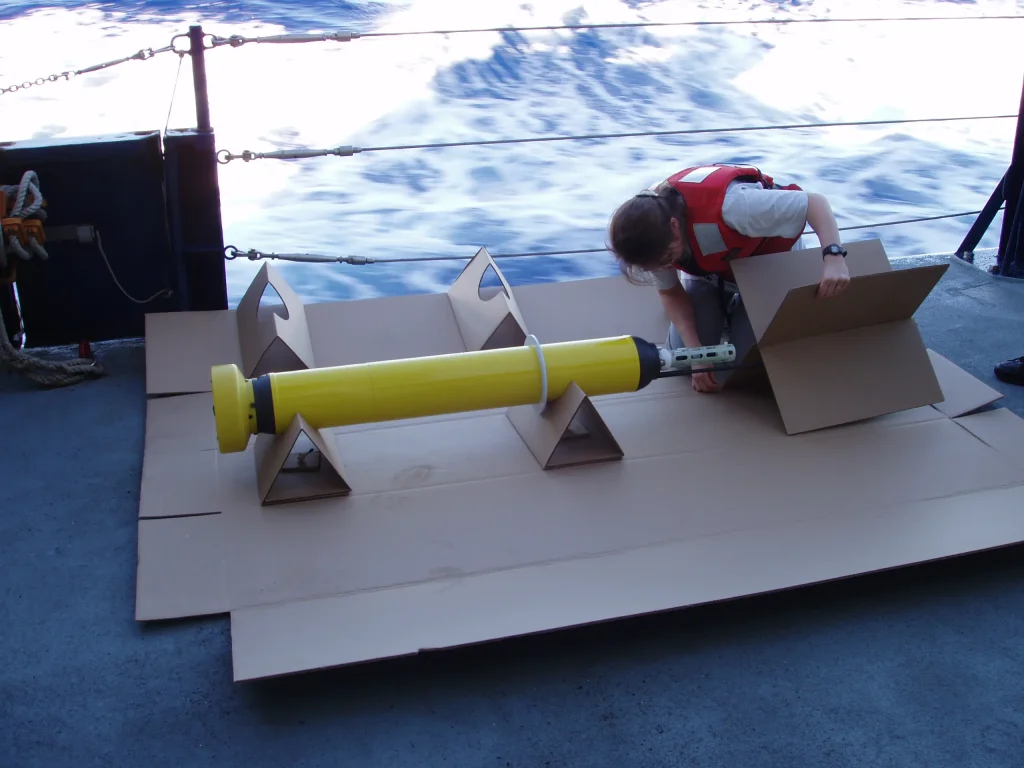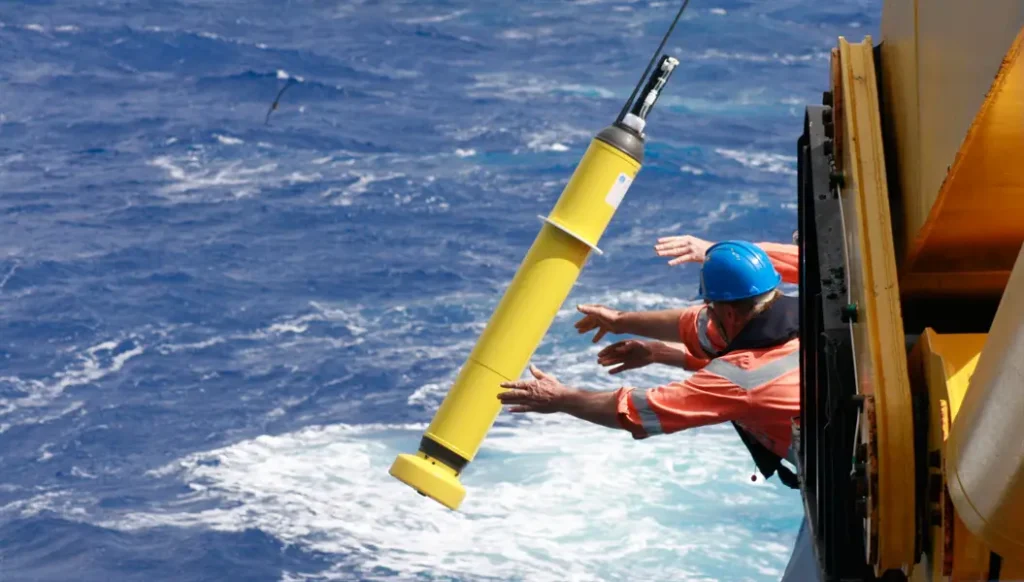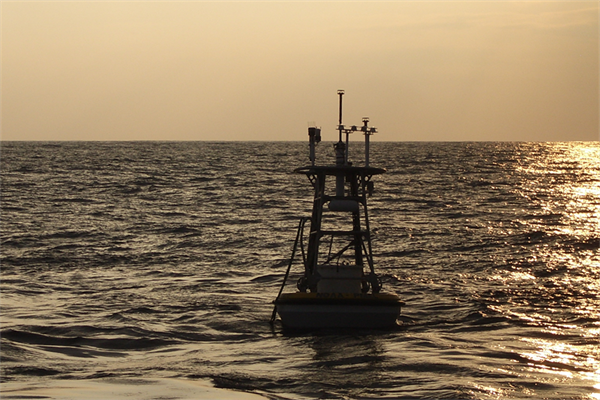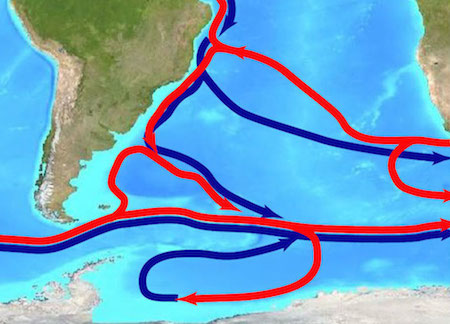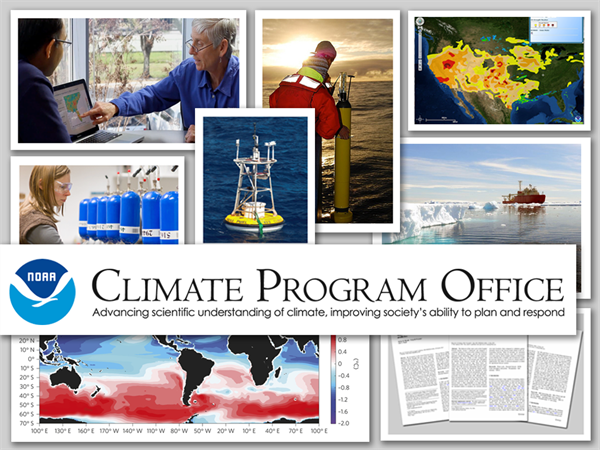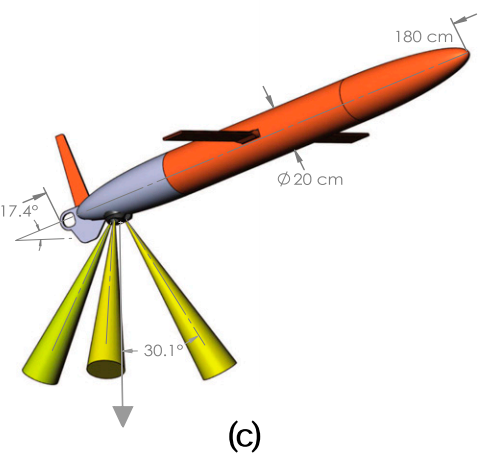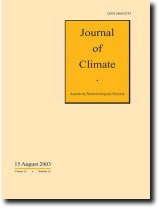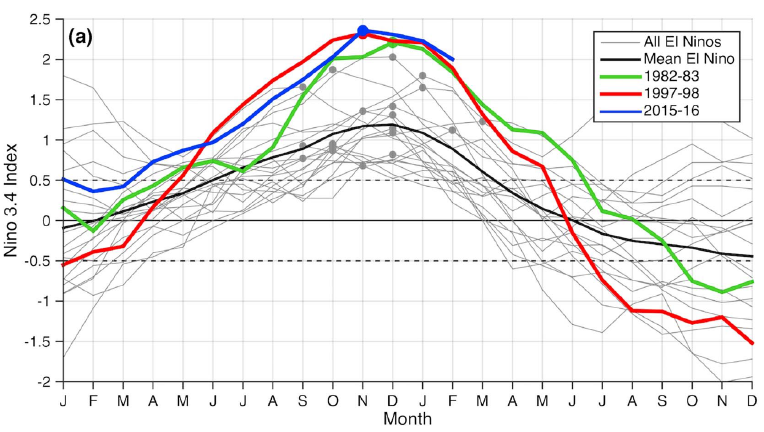NOAA invests in new tools to measure the ocean
This is a repost of NOAA Research’s original story published October 9, 2019. Four new research projects are giving a boost to NOAA’s ability to measure, track and forecast ocean acidification, warming and other important ocean health indicators. NOAA Research’s Ocean Observing and Monitoring Division has awarded $3 million in funding for projects that will expand the […]
NOAA invests in new tools to measure the ocean Read More »
